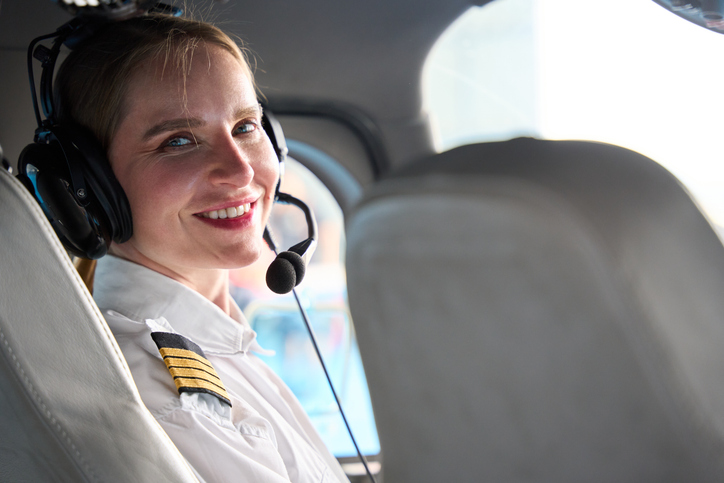Flying
Many people with cavernoma wonder whether flying is safe and if air travel could increase the risk of a bleed. This guide offers straightforward advice to help you make informed decisions, whether you’re flying for a holiday, work, or other reasons.
Currently, there is no evidence that flying increases the risk of a bleed in people with cavernoma, even on long-haul flights. However, everyone’s situation is different. If you have concerns, particularly if you’ve recently experienced a bleed or seizure, it’s best to speak with a medical professional familiar with your condition before flying.
Travel insurance
You should always inform your travel insurance provider about your cavernoma. This ensures you’re properly covered in case of any medical issues while travelling. For detailed advice, consider speaking directly with an insurance advisor rather than relying solely on online forms.
If you’re looking for travel insurance, we can’t recommend any company specifically, but can share that Just Travel Cover are known to support people with long-term health conditions and are open to covering rare conditions such as cavernoma. Other providers are also available and we would recommend getting multiple quotes.
Seizures
If you’re at risk of seizures, there are extra considerations when flying. Flying alone might carry some risk due to the possibility of experiencing a seizure during the flight. Depending on your symptoms and the location of your cavernoma, you might prefer to travel with someone.
It’s also advisable to have a seizure action plan and share it with your travel companion. Informing the airline in advance can help them assist you if needed. For guidance on managing seizures while travelling, consult UK-based epilepsy organisations such as Epilepsy Action and Epilepsy Society.
Flying licenses
If you have a cavernoma and are a private or commercial pilot, or considering becoming one, you must meet specific medical standards. In the UK, the Civil Aviation Authority (CAA) sets these regulations. Whether you can hold a pilot licence depends on your health and medical history, assessed on a case-by-case basis. For the latest information, visit the CAA’s website.

Sky diving
Some people ask whether activities like skydiving are safe with a cavernoma. Currently, there’s no evidence suggesting that skydiving causes harm to people with cavernoma. However, it’s important to:
- Discuss with your doctor to understand your individual risk.
- Check with the skydiving organiser about their policies regarding participants with medical conditions.
- Confirm whether their insurance covers individuals with cavernoma.
While medical professionals may sometimes advise caution, many people with cavernoma continue to enjoy various activities safely. It’s about understanding the risks and making informed choices.

